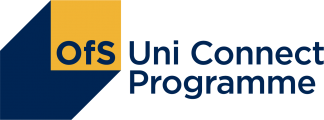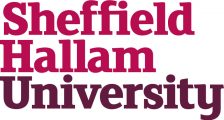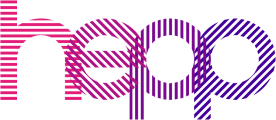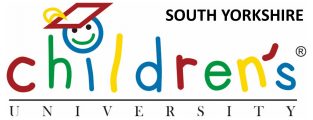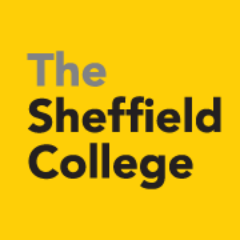Trinity Academy Doncaster Case Study
Part of our series of reference stories for teachers and partners
Trinity Academy is a secondary school and sixth form located in Thorne in Doncaster and is part of the Emmanuel Schools Foundation. The school opened in September 2005 and replaced Thorne Grammar School. It currently caters for over 1250 KS3, KS4 and Post 16 pupils. In 2014, the Academy finished building work to expand its sixth form offering students fantastic facilities. The sixth form is made up of 200 students, with roughly 50 of these coming from outside the lower school, and offers over 30 post 16 qualifications, including A Levels and BTECs. In 2016, pupils’ progress at A Level was amongst the top 20% in the country with the best performing subject, Psychology, being amongst the top 5%. In 2015, the sixth form also celebrated 99% A Level pass rate. In 2017 64% of sixth form leavers went on to higher education.
Perceived barriers to reaching higher education
Discussing some of the barriers students and parents perceive to applying for higher education, representatives from the school and sixth form highlighted:
- Finance: Many students are concerned by the amount of debt incurred whilst studying a degree. Other students have identified concerns about financially supporting their family whilst at university and the cost of attending open days.
- Low Aspirations: Some students do not realise what they are capable of achieving and where their interests can take them; this is also true for some parents. Many of these do not see the value of higher education after A Levels and see work as better alternative.
- Knowledge: Many students are unaware of the options available to them; they have not had the opportunity to visit a university or explore the different opportunities available after further education.
- Transport: Trinity Academy is over 10 miles from the centre of Doncaster; for some students this makes transport to and from universities and other higher education providers difficult. This can affect students in a number of ways, including the initial opportunity to visit open days at universities.
Why is higher education important?
Director of Sixth Form at Trinity Academy, Paul Flint, comments:
‘At Trinity Academy, we do everything we can to raise the aspiration of our students. Ultimately our end goal is to get students to realise what they can achieve, whether that be higher education or another route. It’s important that all our students achieve the qualification they need for the best life they can have. Wherever possible we want to push the message of having a look to see what opportunities are available.’
‘For us going to University is about more than just access to better careers or improving social mobility. It’s about improving life chances and ensuring the young people from our Sixth Form have access to the whole rang of opportunities that are available to them. Sometimes barriers which are perceived to be insurmountable are actually not even present and the benefits young people can gain are hugely understated.’
How will HeppSY+ help?
Trinity Academy already has a number of activities going on that promote and facilitate progression into higher education. This has included several Y9 and Y10 students’ participation in the Brilliant Club, as well as a UCAS introductory talk from one of the Hepp Graduate Interns.
Paul Flint says, ‘The UCAS introductory talk was really helpful for the students; it focused on the choices to be made around higher education. Crucially it was done at a level the students could relate to and many of the students left with a much better understanding of what the higher education sector looks like.’
Paul Flint continues:
‘The action planning process has been really useful to us at Trinity Academy. It has helped us to coordinate the activity we already do and to highlight areas where more activity can be delivered. Areas such as tracking, providing resources and one-to-one guidance sessions with students. As a head of sixth form I am constantly contacted by different universities offering open days or workshops and the HeppSY+ effort has really allowed us to clarify our thinking in respect of which efforts to pursue and what will make an impact.’
HeppSY+ self-assessment and planning
Through the HeppSY+ self-assessment process, Trinity Academy, has identified a number of students who fit the criteria for National Collaborative Outreach Programme (NCOP) support. They are now working with HeppSY+ to add to the offer they already have and hope to provide more information resources for students, as well as small group events tailored to individual student needs. In the sixth form, they will put into place measures to give their students extra support through clearing and adjustment.
Trinity Academy is also putting into place a ‘Parent Offer’. Parents from the local area with children at university will come in to discuss the process with current Y13 students and parents. The offer aims to provide both knowledge and support to parents and young people who are new to higher education and the process of application. The parent mentors will also come to parents’ evenings and other school events.
